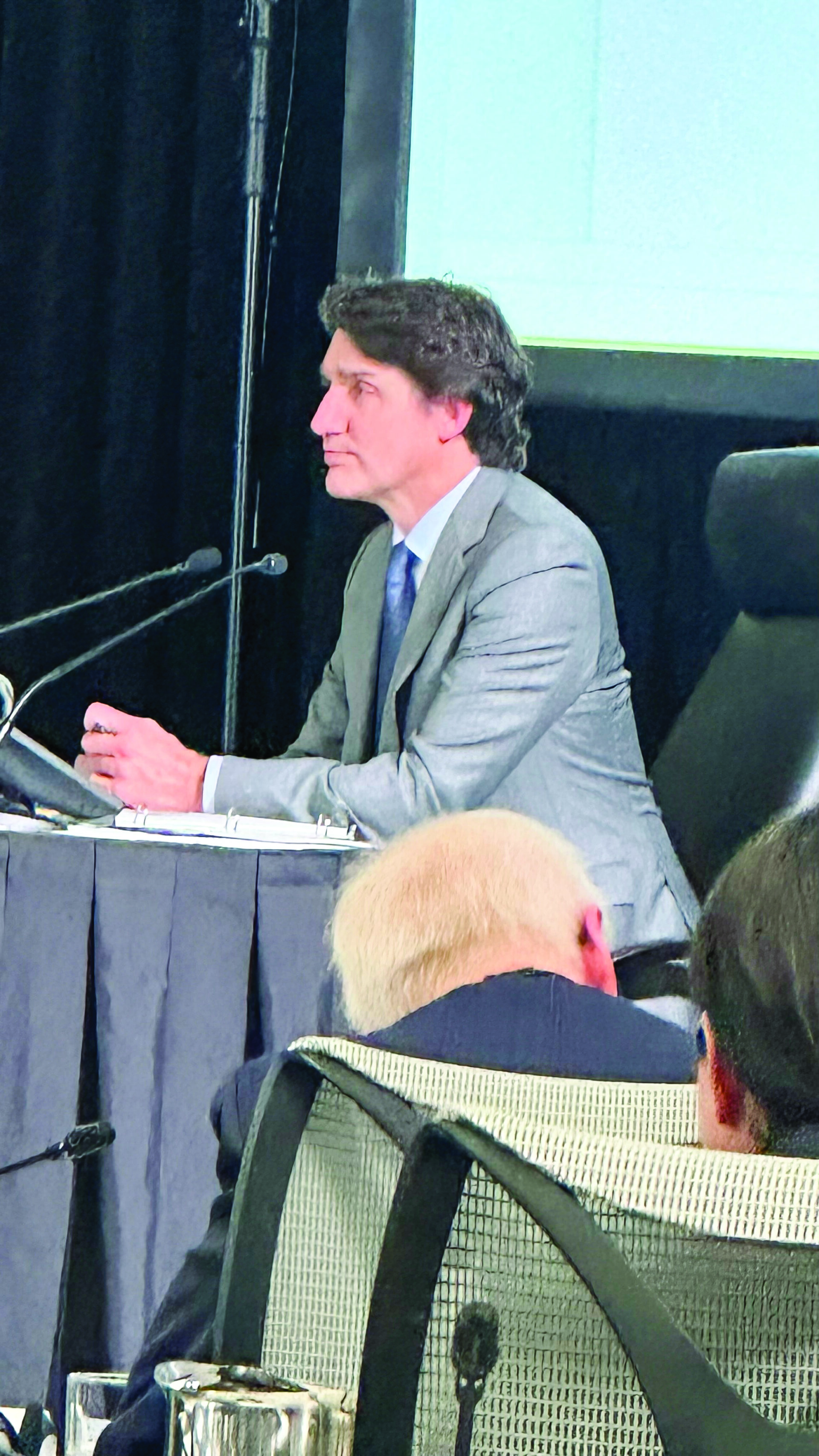CCP may have funnelled $250,000 into as many as 11 Toronto-area ridings to support Beijing-friendly candidates in the 2021 federal election.
Last year, Justin Trudeau stood in Parliament and declared that he had received credible intelligence suggesting the Indian government might have been responsible for the murder of a Khalistani separatist known to the Indian intelligence service. This declaration made headlines, but the focus quickly shifted from the veracity of the allegations to the Prime Minister’s approach to handling them.
The public display in the House of Commons seemed to be part substance but mostly theatre. Many perceived it as Trudeau’s attempt to suddenly appear tough on foreign interference, a stance he had previously failed to demonstrate, especially regarding China. His government was under intense scrutiny for months following revelations from the Globe and Mail and Global TV. These reports, sparked by a whistleblower from the Canadian Security Intelligence Service (CSIS), highlighted intelligence about Han Dong (Don Valley North, riding), whose nomination was allegedly supported by the Chinese consulate in Toronto.
Further reporting suggested the Chinese Communist Party (CCP) may have funnelled $250,000 into as many as 11 Toronto-area ridings to support Beijing-friendly candidates in the 2021 federal election. In democratic governance, the mantle of leadership demands not just the stewardship of domestic policies but also the vigilant safeguarding of the nation’s democratic integrity against foreign threats.
These revelations from Canada provide a sobering reminder of the pervasive challenges democracies worldwide face. The scrutiny of Canadian Prime Minister Justin Trudeau’s handling—or the alleged lack thereof—of CCP interference in the 2019 and 2021 Canadian elections offers critical lessons in the consequences of leadership inaction in the face of foreign meddling.
The current scrutiny emerged not from proactive governmental transparency but rather from the shadows, through the courage of the CSIS whistleblower. This individual’s bravery led to a series of investigative reports by the Globe and Mail and Sam Cooper, author of “Wilful Blindness.” These reports ignited public and political uproar that culminated in the establishment of the Foreign Interference Commission.
During his tenure, Trudeau often presented himself as a progressive leader who championed the liberal democratic order on the world stage. However, his testimony before the Commission painted a starkly different picture—one of a leader seemingly disengaged with the critical issue of foreign interference in his backyard. Trudeau’s testimony revealed a preference for oral briefings over detailed document reviews and a penchant for delegating the responsibility of national security to advisors rather than directly engaging with the intelligence presented to him. This passive approach raises profound questions about the efficacy of leadership when confronting covert foreign threats. For instance, during the inquiry, Trudeau admitted being informed of irregularities in Han Dong’s nomination race in Don Valley North, allegedly orchestrated with Chinese support.
Yet, his reliance on second-hand summaries and the apparent absence of direct action highlight a troubling disconnection from decisive leadership. Moreover, Trudeau’s response to allegations of Chinese interference has often seemed to downplay the gravity of the situation. In multiple instances, including the widely criticized case involving Han Dong, Trudeau chose not to act decisively, citing insufficient clarity from CSIS and the lack of direct recommendations. This stance is concerning, particularly when juxtaposed with his government’s quick dismissal of a news report on the same issue as “anti-Asian racism,” which seemed more a diversion than a substantive engagement with the alleged interference.
The implications of such leadership decisions extend beyond Canada’s borders. They resonate deeply with global audiences, especially in countries like India, where the government has similarly been accused of influencing and monitoring its diaspora. The parallel is not lost on educated observers in India, who witness their own government’s outreach into diaspora affairs, often justified under the guise of national interest or cultural unity, but that is not interference.
Trudeau’s reluctance to engage fully with the issues of foreign interference, as illustrated by his testimonies and the internal conflicts within Canadian intelligence agencies, should prompt a broader discourse on the need for leaders to be at the forefront of defending democracy. Canadian democracy, like all democracies, thrives on transparency, accountability, and the proactive engagement of its leaders in defending its institutions. The unfolding events—highlighted by Trudeau’s passive approach to serious allegations of foreign interference—underscore the urgent need for robust leadership that does not merely react to crises but actively works to prevent them. This approach is crucial for maintaining the health and integrity of a nation’s democratic processes.
The Trudeau administration’s handling of alleged Chinese interference in Canadian elections reveals a critical gap between the ideals of democratic leadership and the pragmatic actions taken to protect those very democratic values. Faced with overwhelming evidence, including academic insights, business performance metrics, and intelligence reports, we expect more from those who lead us.
The integrity of a democracy depends not only on the strength of its institutions but also on the resolve of its leaders to defend it against external and internal threats.
That’s what leadership looks like, but sadly, we are still looking for it to emerge for Canadians.
Dean Baxendale is a publisher, writer and human rights advocate. He is the CEO of Optimum Publishing and the China Democracy Fund and a contributor to The Sunday Guardian.

